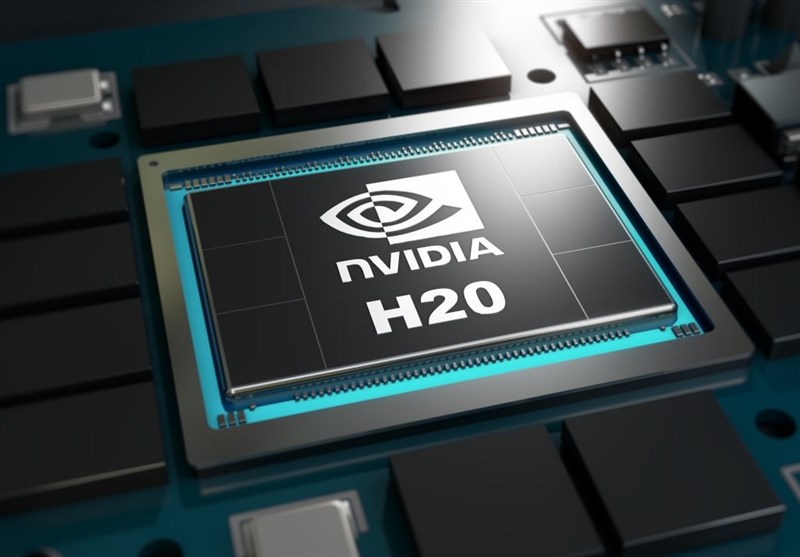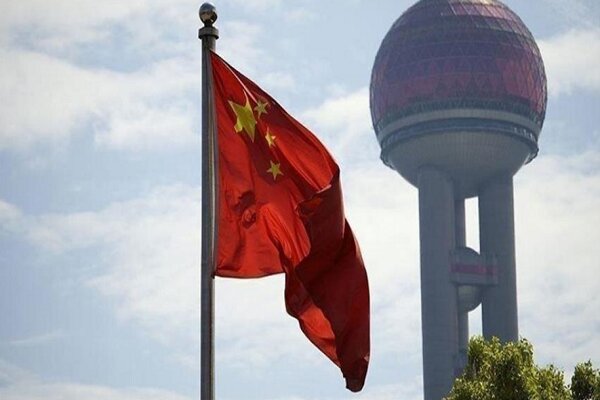Nvidia Unveils H20 AI Chip for China: A Response to US Export Restrictions
Nvidia is set to launch a lower-spec version of its H20 artificial intelligence chip in China by July, as part of its strategy to adapt to new US export restrictions. This significant move aims to sustain Nvidia’s foothold in a crucial market, while complying with evolving regulations.
According to sources familiar with the matter, Nvidia has already communicated its plans to major Chinese clients, including leading cloud service providers. The announcement comes as the US government tightens its grip on advanced semiconductor exports to China, creating a challenging landscape for tech companies.
Here are some key points regarding Nvidia’s upcoming H20 chip:
- Lower-Spec Version: The new H20 chip will be a modified version with reduced specifications, designed to fit within the new regulatory framework.
- Memory Capacity: This revised chip is expected to feature a significantly lower memory capacity compared to its predecessor.
- Flexibility for Users: Downstream users may find ways to reconfigure the module to adjust its performance, as long as they stay within permitted limits.
- Market Importance: China accounted for $17 billion in revenue, representing 13% of Nvidia’s total sales in the last fiscal year.
The original H20 chip, which was Nvidia’s most powerful AI chip available in China, faced market removal after US authorities mandated that it would now require an export license. This regulatory shift prompted Nvidia to adapt its design strategy, establishing new technical thresholds for the revised chip models.
As a testament to the significance of the Chinese market, Nvidia’s CEO Jensen Huang made a trip to Beijing last month. This visit occurred shortly after the US imposed the new export license requirement for the H20 chip. During discussions with Chinese officials, Huang emphasized the crucial role that China plays in Nvidia’s global operations.
Since 2022, Washington has imposed restrictions on the sale of Nvidia’s top-tier chips to China, citing concerns about their potential military application. The H20 chip was developed following an expansion of US export controls in October 2023, further complicating the landscape for tech companies looking to operate in China.
Chinese technology giants such as Tencent, Alibaba, and ByteDance have reportedly increased their orders for the H20 chip, driven by a rising demand for affordable AI solutions, particularly from startups like DeepSeek. Earlier this year, it was reported that Nvidia had secured $18 billion in H20 orders since January, underscoring the chip’s popularity in the market.
Nvidia’s proactive approach to modifying its chip offerings demonstrates its commitment to maintaining a competitive edge in the rapidly evolving AI landscape. Despite the challenges posed by US export restrictions, Nvidia is making strategic moves to ensure it continues to meet the needs of its Chinese clientele.
The tech industry’s dynamics are continuously shifting, and Nvidia’s ability to adapt to these changes will be crucial for its long-term success. As the company prepares to introduce the lower-spec H20 chip, it remains to be seen how these adjustments will impact its market share in China and its overall sales performance.
In conclusion, Nvidia’s introduction of a modified H20 AI chip reflects its strategic response to the evolving regulatory environment. By adapting its products to comply with US export restrictions, Nvidia aims to retain its position in the Chinese market, which represents a significant portion of its revenue. As demand for AI solutions continues to rise, the success of the new H20 chip will be closely monitored by industry analysts and competitors alike.






